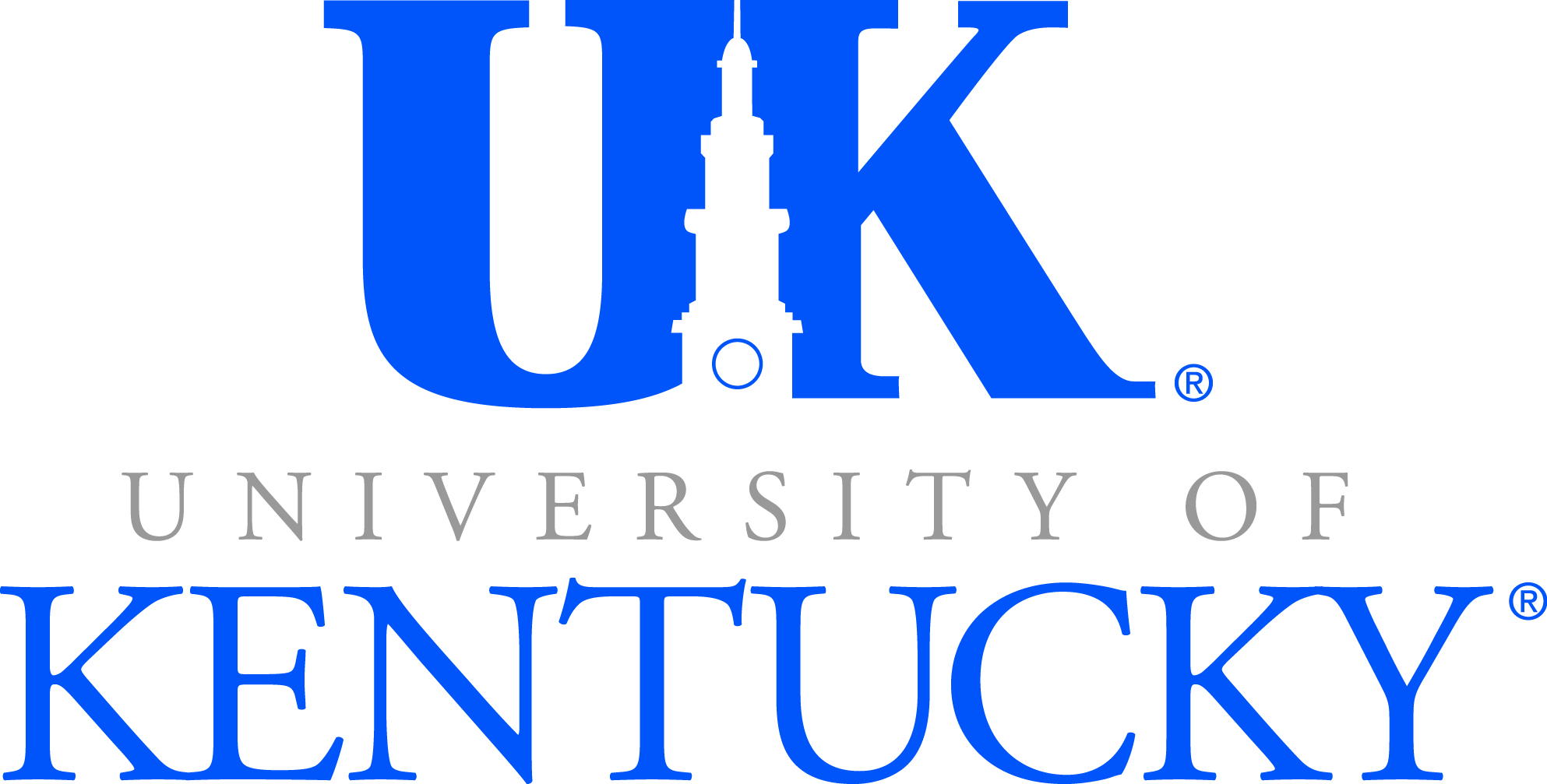Topology seminar - Spring 2014
February 6
Bert Guillou - Real division algebras and the Hopf invariant one problem
I will discuss the existence of division algebra structures on R^n. This is closely related to the famous Hopf invariant one problem that was solved by Frank Adams in the 1950's.
February 13
Jonathan Thompson - An introduction to topological K-theory
K-theory is a cohomology theory for spaces that arises from consideration of vector bundles.
We will discuss this theory and some important properties, including the Bott periodicity phenomenon and the existence of Adams operations.
February 20
Bert Guillou - The Hopf invariant one problem via K-theory
I previously sketched Adams' original approach to the Hopf invariant one problem via secondary operations in singular cohomology. In this talk, I will present the simpler solution using Adams operations in K-theory.
February 27
John Mosley - A Different Friendly Talk About Cobordism
In this talk I will present some slightly less basic ideas about cobordism. In particular, we will discuss cobordism as a homology theory and its relationship to K-Theory.
This talk might be a little less friendly than the talk on Wednesday.
March 6
Ryan Curry - Hirzebruch's proof of his Signature Theorem
We will prove Hirzebruch's signature theorem and show its utility in a computation.
March 13
David White (Wesleyan University) - A Characterization for Monoidal Localizations of Equivariant Spectra
The proof of the Kervaire Invariant One Theorem demonstrates conclusively the value of equivariant spectra, and in particular the computational strength of equivariant commutative ring spectra. A key step in the proof relied on the commutativity of a particular localization of a commutative ring. However, a recent example due to Mike Hill demonstrates that it is possible for localizations (even very nice ones) to break commutativity. In this talk we will characterize the localizations which preserve G-equivariant commutativity, and we will investigate the phenomenon of localizations which destroy some, but not all, of the commutative structure (where equivariant commutativity is measured by the presence of multiplicative norm functors corresponding to subgroups of G). Our results are in fact much more general, and hold in the language of model categories and operads, and we will say a word about this general setting if there is time.
March 27
John Mosley - Yet Another Friendly Talk About Cobordism
In this talk we will continue our discussion of Cobordism as a Homology Theory. Then, we will talk about the relation of Cobordism to K-Theory.
April 3
Sean Tilson - Power operations and the Kunneth spectral sequence
Power operations have been constructed and successfully utilized in a variety of spectral sequences. Such constructions arise from highly structured ring spectra. In this talk, we show that the Kunneth Spectral Sequence enjoys some nice multiplicative properties and use old computations of Steinberger's with our current work to compute operations in the homotopy of some relative smash products. We will end with an application of these computations to give a non-existence result for $E_{\infty}$ complex orientations of certain ring spectra.
April 10
Clinton Hines - Wedge Quasitoric Manifolds and Spin Cobordism
Quasitoric manifolds are smooth 2n-manifolds admitting a "nice" action of the compact n-torus so that the quotient of this action yields a (combinatorially) simple polytope. They are a generalization of smooth projective toric variaties and much is known about these manifolds in terms of complex cobordism theory. In fact they were used by Buchstaber and Panov to show that every cobordism complex class contains a (connected) quasitoric manifold.
Far less is known about spin quasitoric manifolds and spin cobordism which requires the calculation of KO-characteristic classes. We consider a procedure developed to investigate topological data for spin quasitoric manifolds which utilizes a wedge polytope operation on the quotient polytope.
We'll discuss a list of results concerning these "wedge" quasitoric manifolds, including such topics as Bott manifolds, the connected sum, the Todd genus and lastly specific criteria in terms of combinatorial data allowing for the calculation of KO-characteristic classes of spin quasitoric manifolds.
April 17
Kate Ponto - Cobordism and Thom Spectra
Building on previous seminar talks, we will show that Thom spectra are the spectra that correspond to the homology theory of cobordism.
April 24
Josh Roberts - Algebraic K-theory and crossed objects
After reviewing the classical lower K-groups, Milnor's K_2, and Quillen's plus construction (stopping for examples along the way), we will look at definitions of crossed modules and crossed complexes. After showing that certain K-groups can be regarded as these crossed objects, we will see how this might give insight into explicit descriptions of the plus construction in terms of generators and relations of the Steinberg group.
